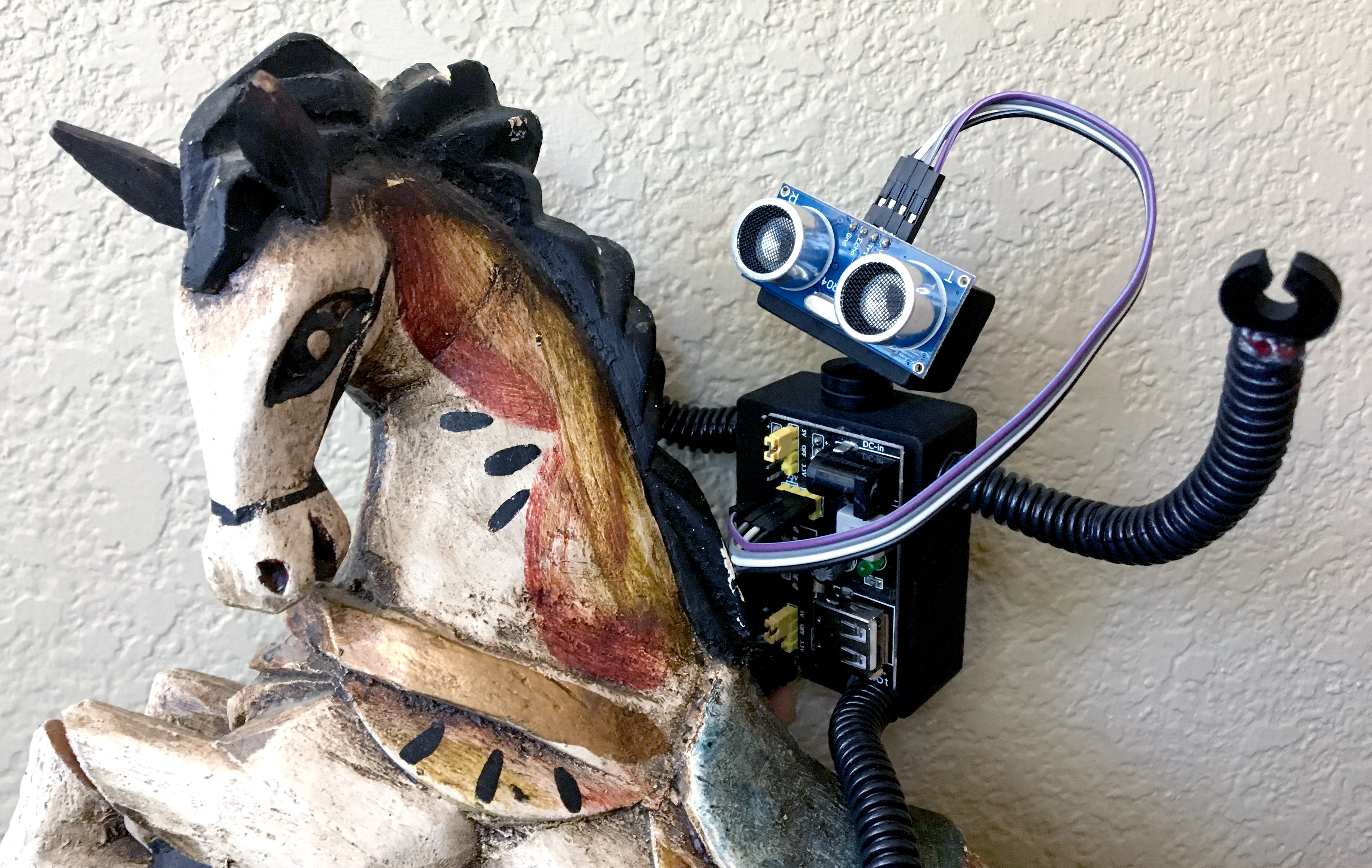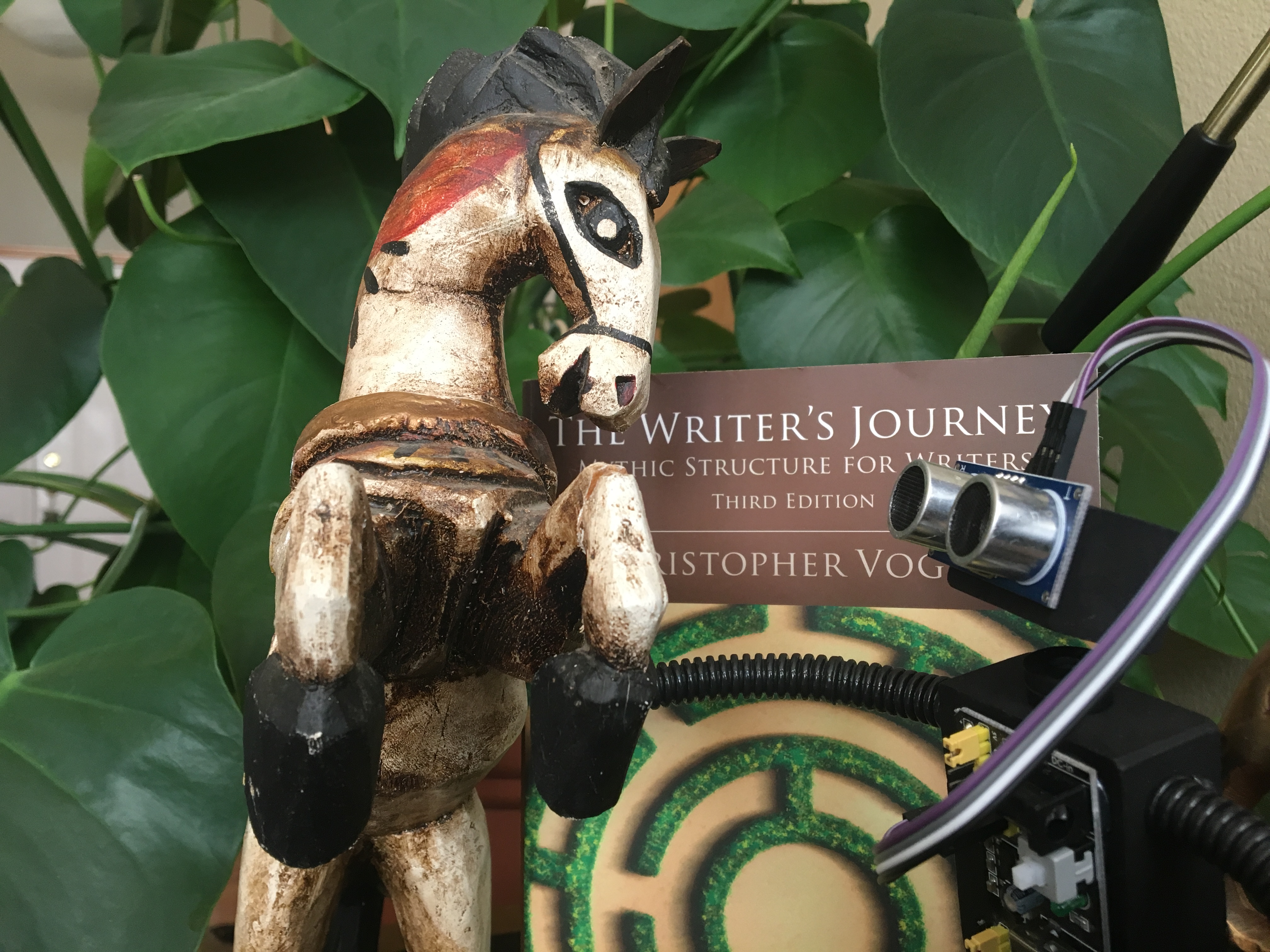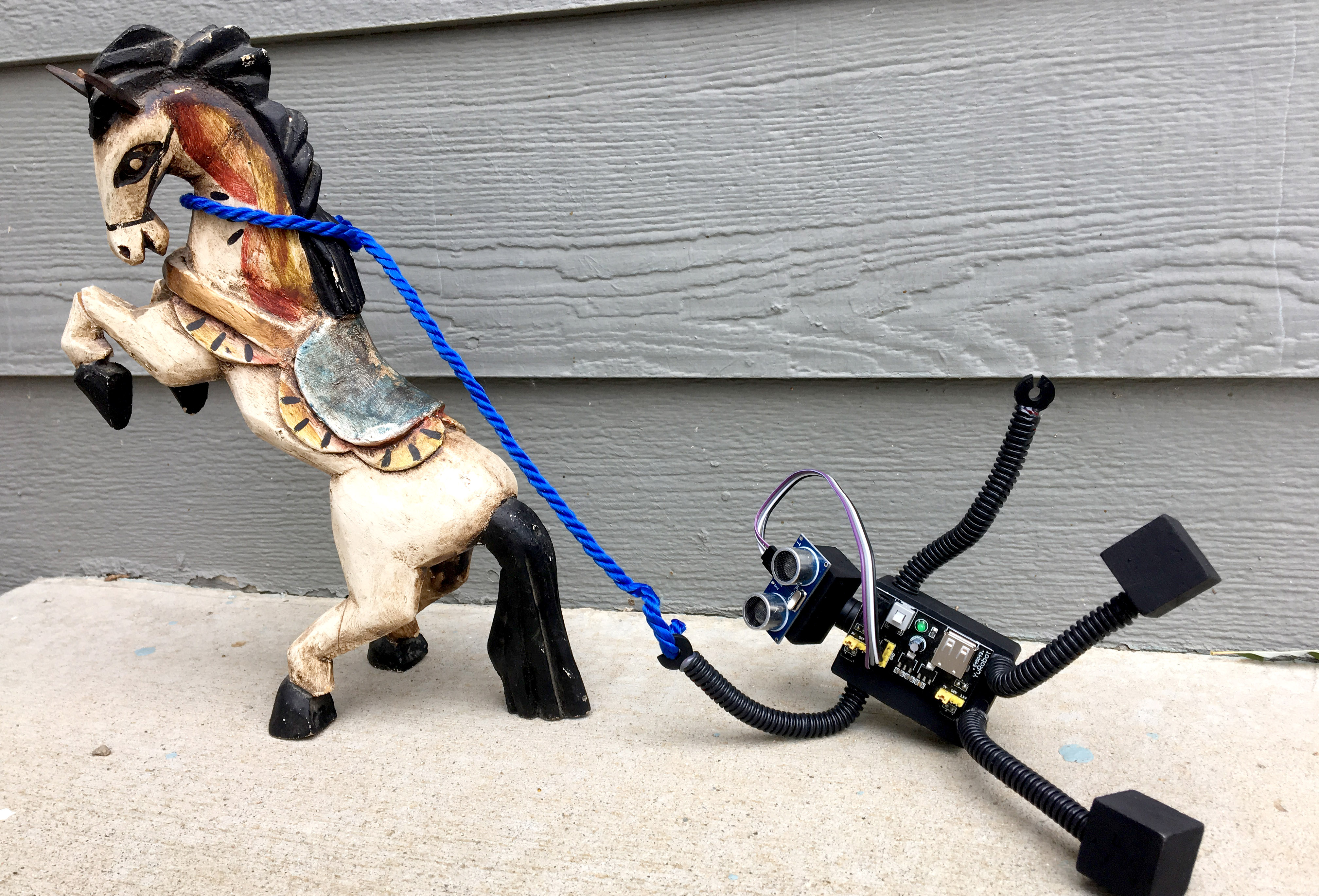
My Best Writing Advice Part 2: The Three Keys to a Professional Routine
Last week I drew out a very long analogy to demonstrate why having a professional writing routine before publication is, in my opinion, one of the most important skills you can develop as an unpublished author. I claimed that, “Having a predictable, productive, and sustainable approach to your writing is just as important as writing well.”
Now, if I’m going to claim that predictability, productivity and sustainability are the three keys of professional writing, I should probably define what I mean by those terms.
Key 1. PREDICTABILITY
I work analogous to a lot of women who, on top of writing, carry the majority of the domestic duties in their home, such as parenting, childcare, cooking meals, keeping house, and supporting their other family members’ careers, hobbies, educations, interests and pursuits. Some of them also have their own full-time or part-time jobs on top of those responsibilities. Because these responsibilities are constant, pressing, and relatively important, it’s easy for writing to get put at the bottom of the stack. When writing time becomes contingent upon these unpredictable factors, it becomes unpredictable itself. There’s no way of knowing when the next writing session will come, how long it will be, or whether or not that time will be interrupted.
Predictable writing time comes from prioritized writing time. I know that’s a tall order. We all come from different families and situations. But remember, I’m comparing the development of a professional writing method to the development of a professional manuscript. It’s okay if it takes just as long to evolve.
Personally, I’ve found my most useful method of predictability is writing at the same time every day. Last year I had to break my writing time into three blocks throughout the day. Other options might include having a designated writing day of the week, a few days every month, or otherwise basing your writing time off of something you know you can count on. Think of it this way: it’s better to make your writing time rely on the position of the sun rather than everything under it.
Key 2. PRODUCTIVITY
Blocking off time to write is the first step, but actually writing within that predictable period is just as important. Some authors create a quota for themselves, whether its hourly, weekly, or monthly. Some use websites and applications like Write or Die, a terrifying, seat-of-your-pants application that “punishes” you when you don’t write fast enough, or Written Kitten, a much pleasanter website that shows you pictures of kittens as you meet certain benchmarks. Googling “productivity methods for writers” will provide you with plenty of fun and effective ideas. My personal productivity method is a combination of a 600-word daily quota, using the Self Control application, and Victoria Schwab’s “calendar trick” or “sticker method.”
Finding the productivity method that’s right for you can be just as challenging as honing in on a predictable writing time. Be patient with yourself and experiment with different techniques.
Key 3. SUSTAINABILITY
Once you’ve found a predictable, productive writing routine, it’s time to focus on making sure it stays balanced with the rest of your life, and is something that you can maintain over long periods of time. Methods that work during NaNoWriMo, for instance, might wreck your life if you try to apply them every other month of the year. What is more, your definition of sustainability may change — like when your baby who took a nap for two hours every day becomes a toddler who doesn’t like naps at all — in which case, your ability to adapt may become the secret to sustainability. As counter-intuitive as it may seem, learning when to be flexible and when to make exceptions, is a key component to consistency. Rigidity and austerity may carry you for a time, but their uphill-nature is doomed to burnout. Sustainability means working to balance your predictability and productivity, while also nurturing your inner and outer life. Find a method that feeds your soul.
For me, the trick to creating a sustainable writing practice has been not only making my writing predictable and productive, but making my domestic life predictable and productive as well. When I have a time designated to make dinner, for instance, I don’t have to multitask. I don’t carry my entire mental load every hour of every day, I just carry one thing at a time. I know when I’m supposed to be writing and when I’m supposed to be making dinner, so there’s no inner battle about what should be taking precedence at any point in the day.
So, there you have it. A non-professional writer’s definition of a professional writing routine. I suppose only time will tell how effective my three keys are. In the meanwhile, thank you for coming on this journey with me.
~Christine
p.s. Next week, I’ll share the exact schedule I used last year to get six hours of writing time in every day — with two hours to make dinner and limited screen time for my kiddos. It’s kinda magical, so stay tuned.


One Comment
Kris Atkins
This is a really great analysis–thorough and flexible.